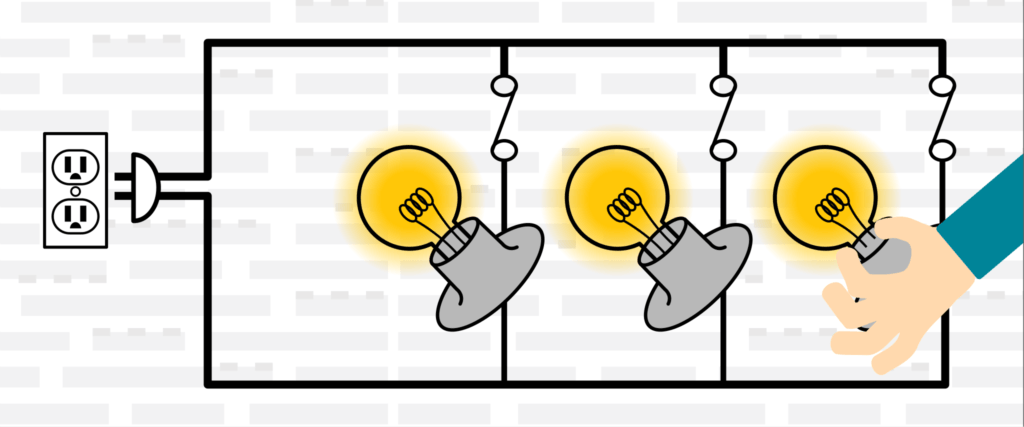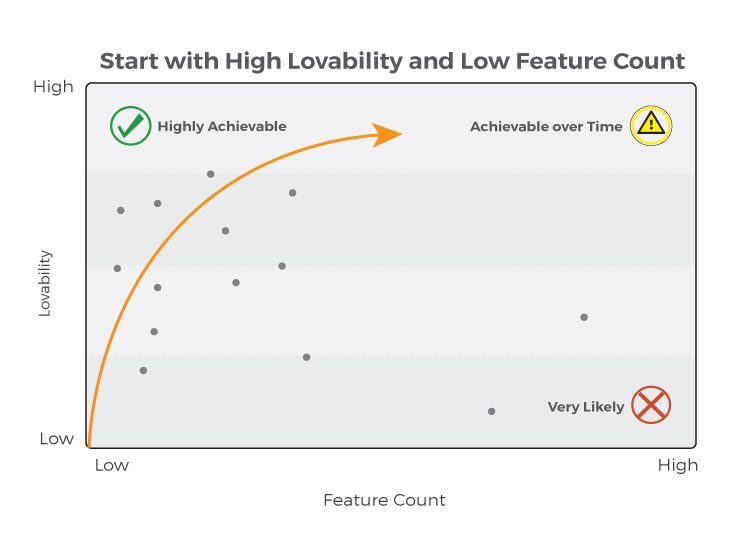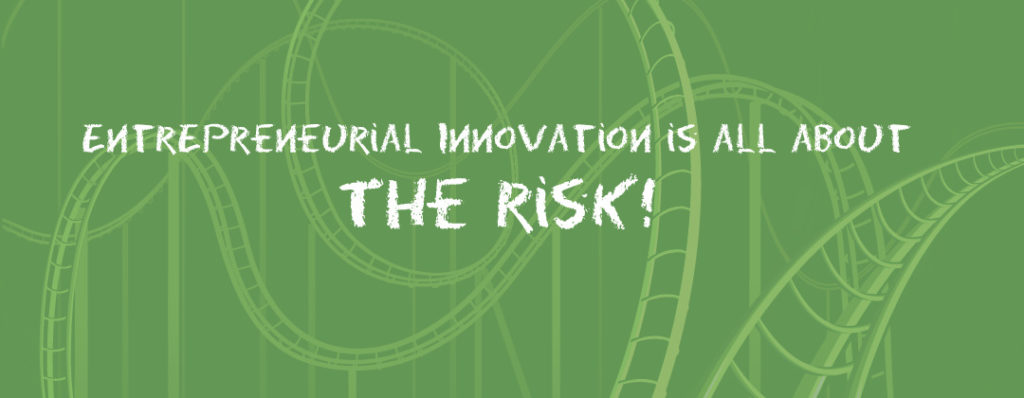Article
Innovation Principle #6: Ideate Alone First

Ideate Alone First Before you Analyze and Discuss as a Group
Have you ever gone along with a proposed plan just to be agreeable, only to find out later that everyone else was doing the same? The Abilene Paradox describes exactly this phenomenon of “Group Think”. When a group of people decides on a course of action that is counter to the preferences of many of the individuals in the group, outcomes are less efficient and less effective. This is why brainstorming as a group has been proven to be an ineffective way to ideate the best ideas.
In addition, some people are able to focus better without the distractions of a group. Perceived pressure, be it from other individuals, an assumed schedule, or politics, can restrict an individual’s ability to develop ideas.
The objective of ideation is to produce new ideas, where quantity and quality are important. Groups are best for analyzing ideas. Until individuals have had an opportunity to think through and flesh out their ideas, group ideation can hinder the overall ideation process.

Divergent Thinking with a Spectrum of Ideas is Important in Ideation
In order to get to the best ideas, you must first develop a spectrum of ideas, then evaluate them. With divergent thinking, individuals generate a broader range of ideas for the group to consider, glean from, expand upon, and innovate with.
Without time for individuals to think through their concepts independently, the group is left to ‘brainstorm’ until the idea that ends the brainstorming session fastest is chosen OR strong personalities take over. That’s why it’s important to focus on quantity and create a full menu of ideas from the start. Some ideas will be more feasible than others. Even those that are practically less viable might provide additional inspiration to the group when reviewed and analyzed. That’s why ideating alone first matters before you roll into a group setting.
Allowing Time and Room for Inspiration when it Strikes
There’s no accounting for when and where inspiration might hit. Putting solo ideation first allows innovators to come up with ideas based on their life experiences, both inside and outside of the office, and plant the problem in their subconscious well before meeting as a team. Ideas weighed against a variety of circumstances are more likely to be well thought out. Whereas, ideation within the confines of the conference room walls can be understandably stifled.
Independent ideation also leads to a stronger sense of satisfaction, which motivates continued participation when ideas are eventually analyzed by the group.









